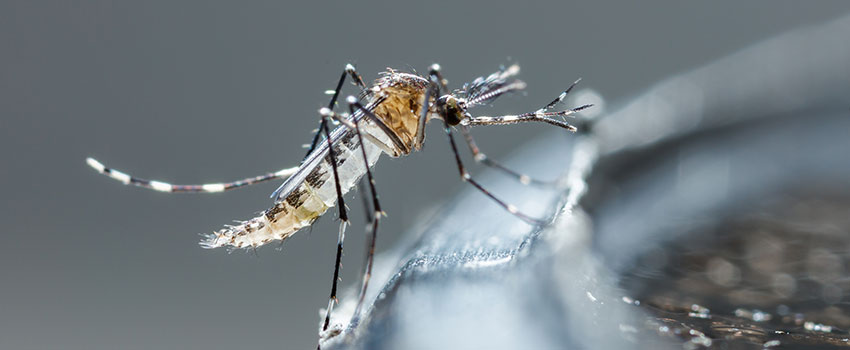
When you’re having fun outside and your enjoyment is interrupted by a painful bug bite or sting, it can be easy to worry. While this is not a bad reaction, most insect injuries aren’t really anything to actually get up in arms about. Bug bites and stings are usually minor, except for some that can get a little out of control.
Keep reading to learn more from our AFC Urgent Care South Charlotte team!
When Is a Bug Bite or Sting Serious?
If you’ve been bitten or stung and redness, pain or itchiness stays around the location of the actual bite, you don’t need to worry. This is referred to as a localized skin reaction, which isn’t cause for any real concern.
When the side effects that we’ve listed below happen, though, they call for a trip to the ER. Before getting emergency care, loosen tight clothing and cover the injured person with a blanket, don’t offer the person anything to drink, and, if necessary, make sure the person is in a position that would prevent him or her from choking on vomit.
Emergency Bug Bite/Sting Symptoms
- Trouble breathing
- Swelling of the lips, face, eyelids or throat
- Dizziness, fainting or unconsciousness
- A weak and rapid pulse
- Hives
- Nausea, vomiting or diarrhea
How Can I Prevent Bug Bites?
Why risk a serious bug injury when there are things you can do to reduce your risk of getting bitten or stung in the first place?
It’s true that the prevention tips that we’ve listed below don’t work 100% of the time, but they can prove to be very helpful. Remember, if you get stung or bitten by an insect and you are worried about the aftereffects, don’t hesitate to visit our AFC team!
Ways to Prevent Bug Bites
- Use insect repellent. To protect against bugs like mosquitoes and ticks, use insect repellent that contains 20 to 30% DEET on exposed skin and clothing, according to the American Academy of Dermatology Association.
- Wear appropriate clothing. If you are worried about getting bitten by mosquitoes or stung by some other type of insect, wear clothes that cover your arms and legs, like long sleeves, pants and closed-toed shoes instead of sandals.
- Limit activities that increase your risk. Activities like hiking, camping, doing yard work and visiting farms and forested areas all put you at a greater risk of getting stung or bitten.
We’re here for you now and always! Visit our AFC Urgent Care South Charlotte team today.


